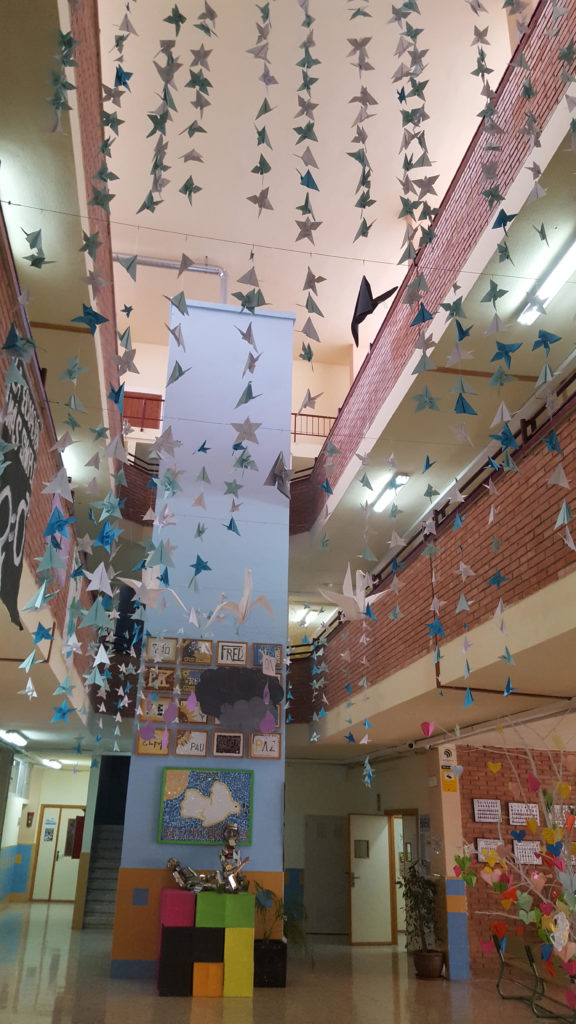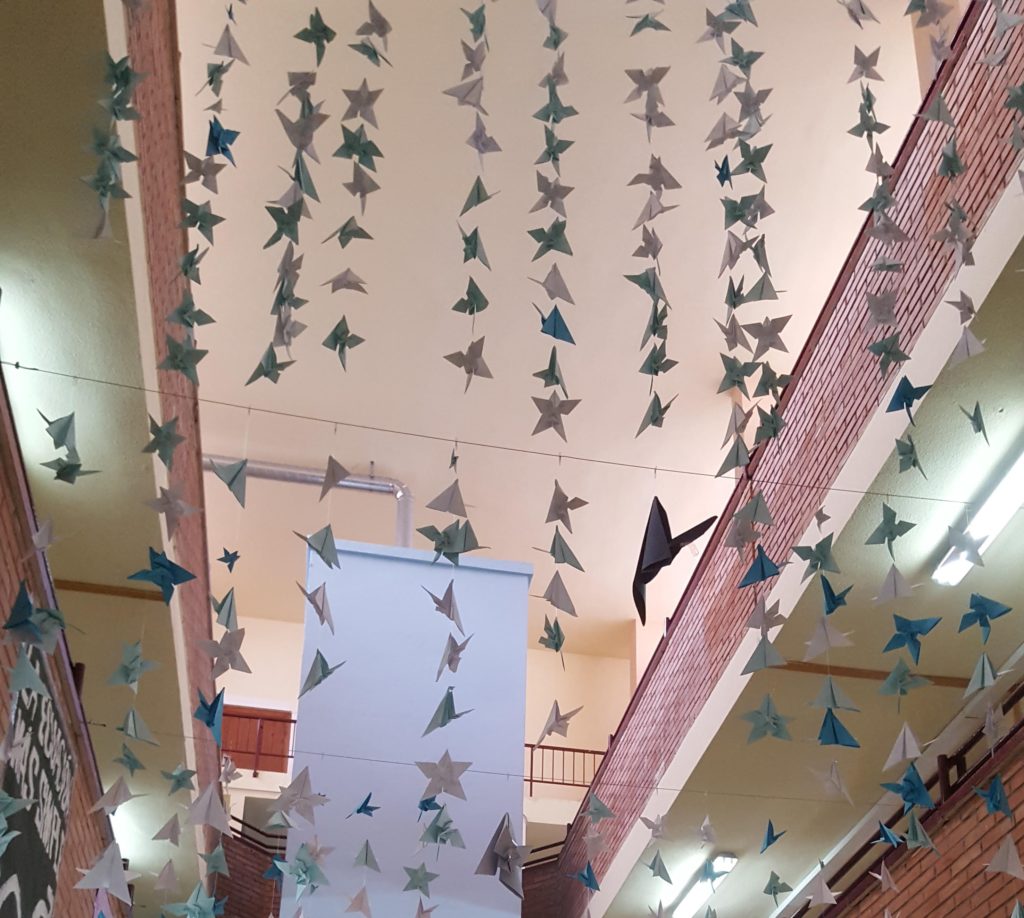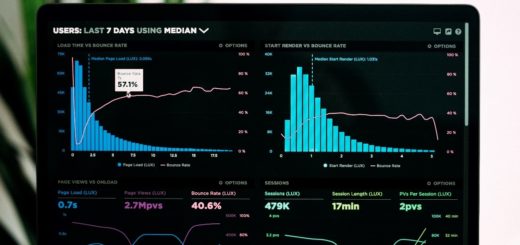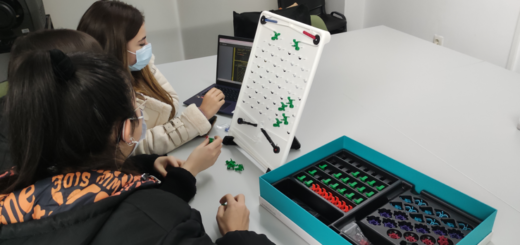Project: Knowledge nomads: analysis of disruptive pedagogical practices in Secondary Education
This is the reason why this research takes the concept of disruptive innovation (Christensen, Raynor & McDonnald, 2016; Cobo, 2016), which raises the need to rethink and modify these deficits of the educational institution in a connectives’ way. Knowledge is understood as something distributed in a network and interdependent framework (Siemens, 2005). This Knowledge bets on new heterodox formats and open up new disruptive spaces that experience new forms of interaction and experience in a Knowmadic scenario. All these new spaces imply new forms of commitment and connection with the interests of young people, new forms of citizen and socio-political action and participation, forms of collaboration, etc.
Being able to develop these disruptive methodologies turns classrooms into laboratories of ideas that permanently seek production, participation and distributed learning as a challenge not only technical, but also cultural (Groom & Lamb, 2009).
The three main objectives we set ourselves in this project are:
- Identify the key elements of emerging pedagogies and disruptive educational practices in secondary education (compulsory and post-compulsory), through the opinions of experts in educational innovation. This goal allow us to evaluate the potentialities and difficulties face this educational projects.
- Analyze in depth the creation, empowerment and maintenance of production, research and dissemination environments of disruptive educational projects in secondary education that explore the new forms of creative experimentation and collaborative learning emerged within the hyper-connected society and culture- Net.
- Implement a virtual meeting space (Laboratory of Emerging Pedagogies and Disruptive Practices) in order to connect, translate, recontextualize, articulate and recombine the generated knowledge in schools based on disruptive dynamics that seek to mediate creation processes, public interaction and participation.

From the methodological point of view, we opted for an interpretive research that combines different methodological strategies according to the different phases: The first phase, based on the development of the Delphi technique, we propose to make a map of perceptions and representations of a group of experts in relation to the meaning of disruptive and emerging practices.
In a second phase we will center into the study of cases with secondaries schools that are developing disruptive practices. Even more, in the last phase, we consider the development of a Laboratory of Emerging Pedagogies and Practices, with the aim of disseminating the results of the research and sharing the disruptive practices that are being carried out on the Spanish educational map. There is an advance of a previous investigation with the creation of labnomadis.
In the next months we will be able to offer the first results of the project, which have slowed down due to the health crisis of COVID19.

Authors
José Ignacio Rivas Flores & Rocío Anguita Martínez
Participating research groups:
ProCIE de la Universidad de Málaga, CEAEX de la Universidad de Valladolid, Nodo Educativo de la Universidad de Extremadura e ICUFOP de la Universidad de Granada.
Financing
AGENCIA ESTATAL DE INVESTIGACIÓN – Convocatorias 2018
Proyectos de I+D de GENERACIÓN DE CONOCIMIENTO y Proyectos de I+D+i RETOS – RTI2018-097144-B-I00






